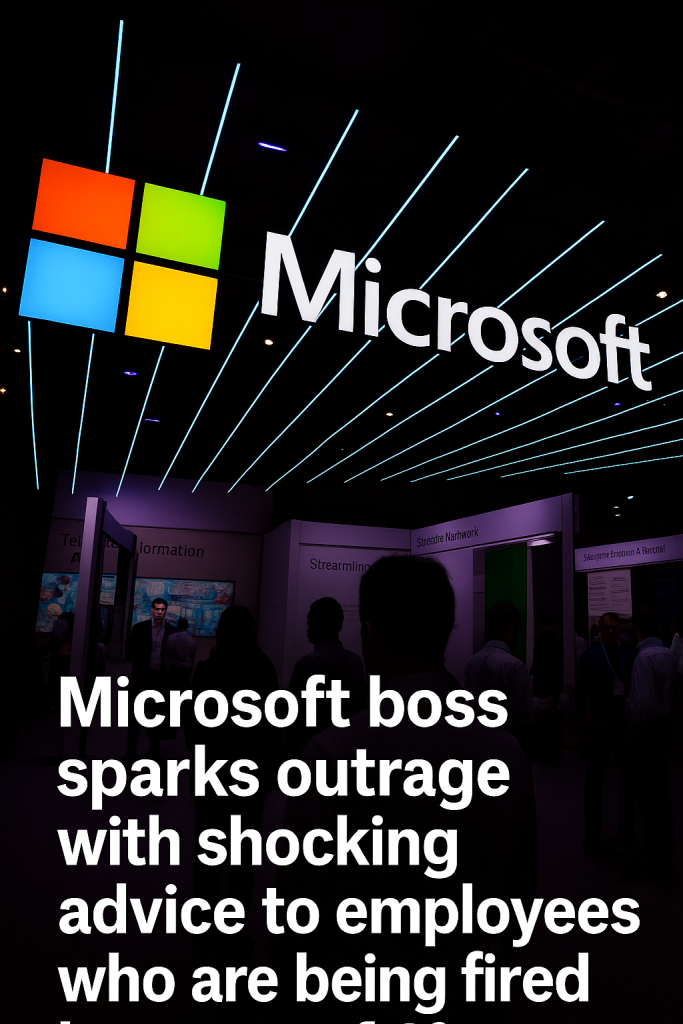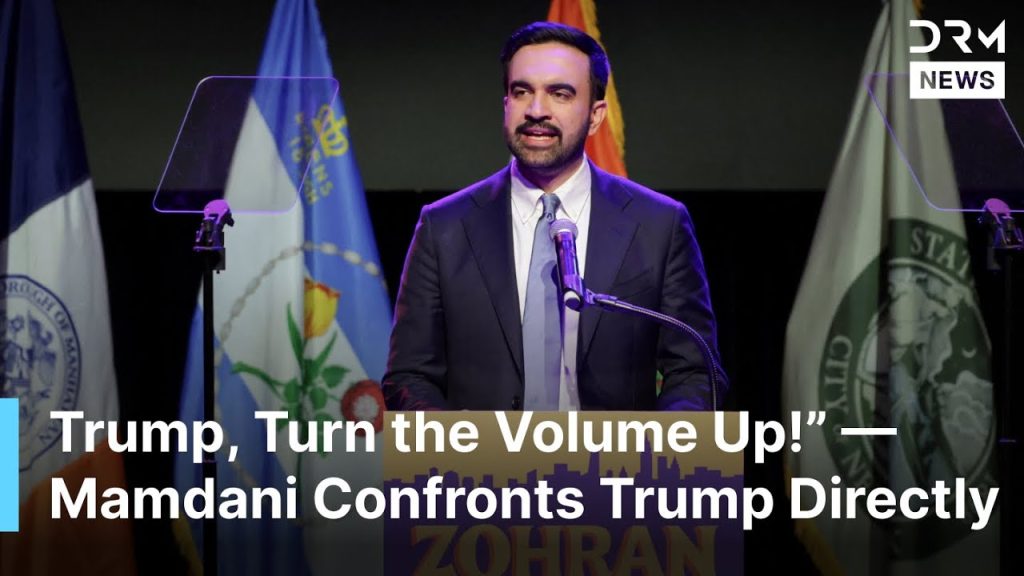In a move that has left many employees and industry observers speechless, the CEO of Microsoft recently made headline-grabbing comments regarding workers laid off due to advances in artificial intelligence automation. The controversial advice, delivered in a company-wide communication, has ignited heated discussions about corporate responsibility, employee support, and the future of work in the AI era.
The incident came to public attention following an internal memo shared with employees, which was later circulated on social media. The memo was accompanied by an image depicting four executives and bore the cryptic reference “Microsoft V00722 Streamline ክይዊ,” a codename believed to relate to the company’s restructuring efforts. While the technical jargon puzzled many, the core message — advice from the top leadership to those affected by AI-driven layoffs — prompted shock and backlash.
At the heart of the controversy lies the CEO’s guidance to employees displaced by AI technologies. Sources familiar with the memo confirm that the message suggested displaced workers should rapidly “adapt by upskilling” and “embrace new roles created by AI advancements,” implying that the onus of navigating the transition rested heavily on individuals rather than on the corporation’s support systems.
“While technological progress is inevitable, the way we treat those impacted defines our values,” commented one industry analyst. Many readers felt the tone overlooked the real hardships faced by employees abruptly losing their livelihoods, especially given the growing wave of AI adoption in many sectors.
The timing of the statements coincides with Microsoft’s ongoing restructuring initiatives aimed at streamlining operations in the face of rising competition in AI development and deployment. Earlier this year, the tech giant announced plans to cut thousands of jobs globally, citing the need to realign resources and improve efficiency as AI transforms work processes.
Employees and labor advocates expressed disappointment, describing the advice as insensitive and lacking empathy. Some pointed out that advising laid-off workers to simply “upskill” without specific commitments to retraining programs or financial support overlooks the complex socio-economic challenges these individuals face.
The CEO’s comments also sparked broader debates about corporate accountability in an era when artificial intelligence and automation threaten to disrupt millions of jobs worldwide. While companies increasingly tout AI’s benefits in boosting productivity and innovation, critics demand that businesses enact concrete measures to mitigate the human cost of such transitions.
Microsoft has historically positioned itself as a leader in responsible AI development and workforce transformation. However, this episode has raised questions about how the company balances technological optimism with practical support for employees impacted by rapid change.
In response to the uproar, Microsoft has issued a follow-up statement emphasizing its commitment to “supporting impacted employees through robust retraining programs, career counseling, and financial assistance.” However, the initial message’s wording continues to be criticized for undercutting these efforts by placing too much responsibility on employees themselves.
The fallout from these remarks serves as a stark reminder of the delicate challenges tech leaders face as they navigate the imperatives of innovation alongside the human consequences of disruption. As AI continues reshaping industries at a breakneck pace, how companies communicate and act on workforce changes will remain a closely watched issue.
For affected employees, advocates, and observers alike, this episode provides a critical case study in the importance of empathy, transparency, and actionable support as the world braces for the AI-driven future of work.



